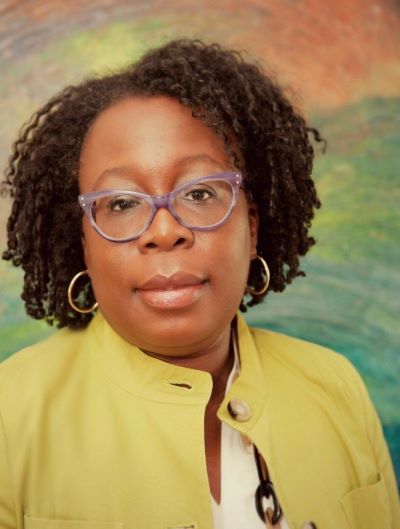Outreach efforts to vaccinate greater numbers of Black Americans should acknowledge the historical and contemporary experiences of racism in health care and be contextualized within such experiences. Otherwise, efforts to promote COVID-19 vaccination may not fully address salient concerns of this group.
The recommendation comes from a study conducted by Wayne State University School of Medicine researchers and published by the Journal of the American Medical Association.
“Factors Associated With Racial/Ethnic Group–Based Medical Mistrust and Perspectives on COVID-19 Vaccine Trial Participation and Vaccine Uptake in the U.S.,” found that Black Americans reported the greatest medical mistrust among the racial/ethnic groups surveyed. Medical mistrust based on historic racism in medicine contributed to “significantly greater” rejection of COVID-19 vaccination among Black participants in the study.

“Medical mistrust partially mediated the association between Black race and refusal to participate in vaccine trials or receive a vaccine, suggesting that general suspicion of mainstream health care professionals and systems may be associated with this group’s rejection of the vaccine,” said Hayley Thompson, Ph.D., professor of Oncology for the School of Medicine and associate director of Community Outreach Engagement at the Barbara Ann Karmanos Cancer Institute. “Our findings suggest that partnerships between health care and other sectors to build trust and promote vaccination may benefit from socially and culturally responsive strategies that acknowledge and address racial/ethnic disparities in health care and the historical and contemporary experiences of racism among Black individuals in the U.S.”
Dr. Thompson and her colleagues set out to determine whether or not there is an association between race/ethnicity and rejection of participation in COVID-19 vaccine trials and the vaccinations themselves in the United States, and whether medical mistrust factored into that association.
The researchers surveyed 1,835 Michigan adults 18 and older recruited through community-based organizations and hospital-academic networks. In addition to answering a series of questions, participants also completed the suspicion subscale of the Group-Based Medical Mistrust Scale, a 12-question scale that measures medical mistrust in racial and ethnic groups.
Of the 1,835 participants, 1,376 participants (75%) reported low willingness to participate in vaccine trials, and 945 (52%) reported low willingness to be vaccinated.
Other study findings include:
* Black participants reported the highest medical mistrust scores compared with other racial/ethnic groups, followed by those who identified as Hispanic.
* Most participants indicated low willingness or refusal to participate in a COVID-19 clinical trial to test the efficacy of a vaccine, with rejection highest among Black participants, followed by those who identified as Arab, Chaldean, Middle Eastern, or North African.
* After Black Americans, those reporting they would reject the vaccine in the highest numbers were Arab, Chaldean, Middle Eastern, or North African, followed by those identifying as Hispanic.
“Tackling medical mistrust is not quick work. It requires those of in health care and medical research to engage in ongoing dialogue about the conditions that lead to mistrust and to center the perspectives of patients who are rightfully concerned about unequal treatment and outcomes,” Dr. Thompson said. “Dialogue must then be followed by actions in partnership with patients and communities to change those conditions.”